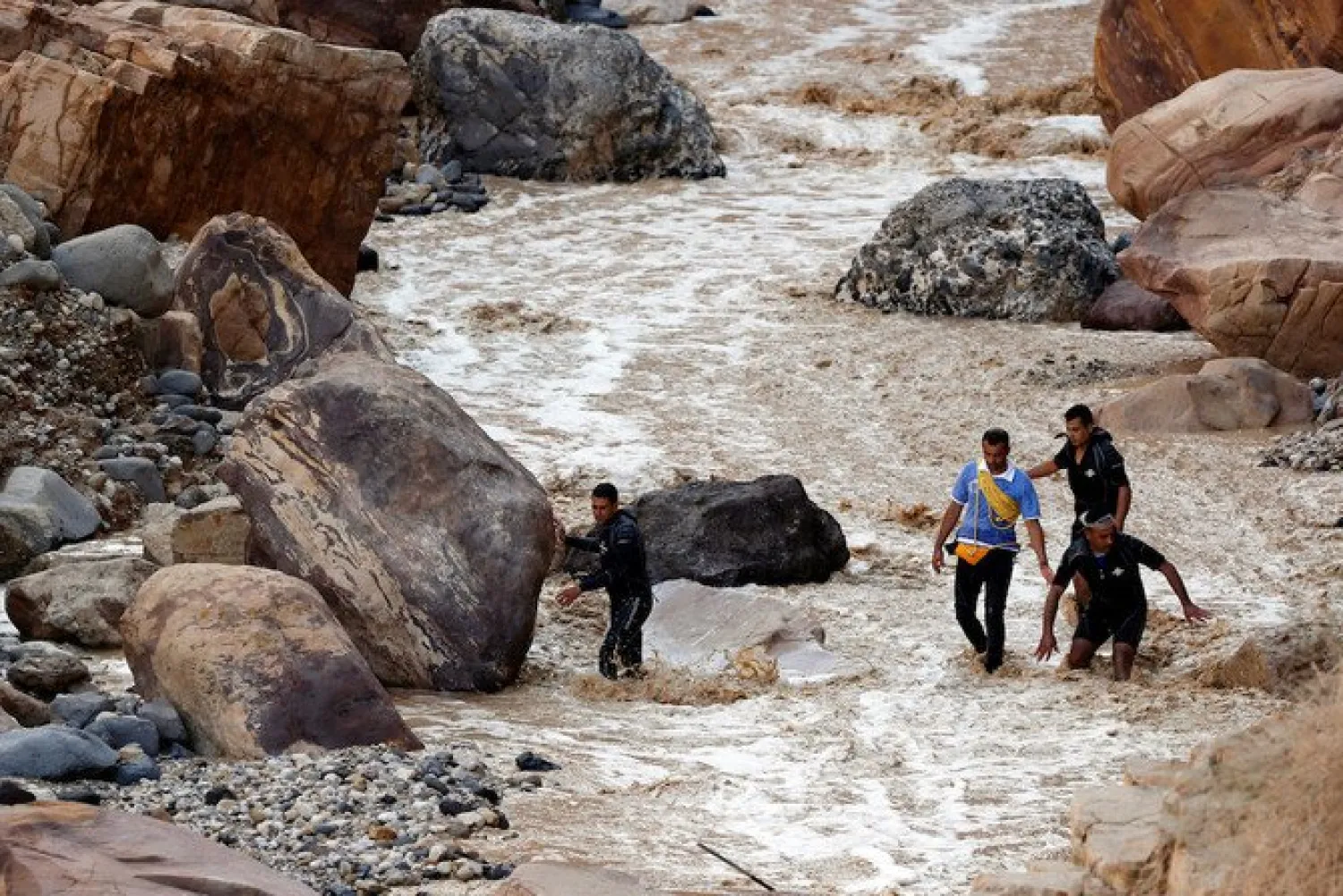Jordan’s Prime Minister Omar Razzaz said that the government shoulders the practical, administrative, and moral responsibility for the tragic incident near the Dead Sea last Thursday.
During a Lower House session, Razzaz expressed his sincere condolences to all Jordanians, especially families of the victims and wished a speedy recovery to the injured.
The PM asserted that the government’s duty in these circumstances, and at this difficult moment, is not to search for a scapegoat. He stressed that the government must investigate all details to identify responsibility “accurately”, and to uncover any negligence or institutional defect to avoid re-occurrence of such a tragedy.
"Successful countries are not those that do not make mistakes, but are those that do not repeat the same mistakes, draw lessons from them, determine responsibilities accurately, and hold those who are negligent accountable without hesitation," the prime minister was quoted by Petra News Agency as saying.
Razzaz also thanked all who responded to the crisis efficiently and did everything in their power, but could not change the outcome; because the response to such a crisis requires various efforts, which are shared by several parties.
The Lower House also decided to form a committee to investigate the Dead Sea incident when 40 MPs requested a motion of no confidence in the ministers of education and tourism.









